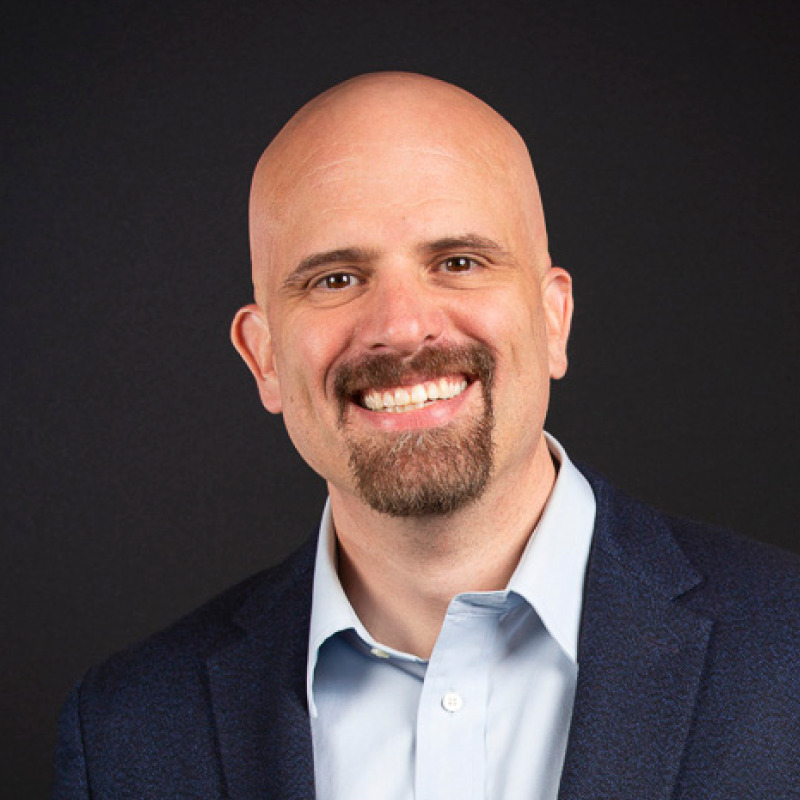R Street’s Sasha Moss recently posted a piece on TechDirt describing the alleged shortcomings of the Register of Copyrights Selection and Accountability Act of 2017 (RCSAA) — proposed legislative adjustments to the Copyright Office, recently passed in the House and introduced in the Senate last month (with identical language).
Many of the article’s points are well taken. Nevertheless, they don’t support the article’s call for the Senate to “jettison [the bill] entirely,” nor the assertion that “[a]s currently written, the bill serves no purpose, and Congress shouldn’t waste its time on it.”
R Street’s main complaint with the legislation is that it doesn’t include other proposals in a House Judiciary Committee whitepaper on Copyright Office modernization. But condemning the RCSAA simply for failing to incorporate all conceivable Copyright Office improvements fails to adequately take account of the political realities confronting Congress — in other words, it lets the perfect be the enemy of the good. It also undermines R Street’s own stated preference for Copyright Office modernization effected through “targeted and immediately implementable solutions.”
Everyone — even R Street — acknowledges that we need to modernize the Copyright office. But none of the arguments in favor of a theoretical, “better” bill is undermined or impeded by passing this bill first. While there is certainly more that Congress can do on this front, the RCSAA is a sensible, targeted piece of legislation that begins to build the new foundation for a twenty-first century Copyright Office.
Process over politics
The proposed bill is simple: It would make the Register of Copyrights a nominated and confirmed position. For reasons almost forgotten over the last century and a half, the head of the Copyright Office is currently selected at the sole discretion of the Librarian of Congress. The Copyright Office was placed in the Library merely as a way to grow the Library’s collection with copies of copyrighted works.
More than 100 years later, most everyone acknowledges that the Copyright Office has lagged behind the times. And many think the problem lies with the Office’s placement within the Library, which is plagued with information technology and other problems, and has a distinctly different mission than the Copyright Office. The only real question is what to do about it.
Separating the the Copyright Office from the Library is a straightforward and seemingly apolitical step toward modernization. And yet, somewhat inexplicably, R Street claims that the bill
amounts largely to a partisan battle over who will have the power to select the next Register: [Current Librarian of Congress] Hayden, who was appointed by Barack Obama, or President Donald Trump.
But this is a pretty farfetched characterization.
First, the House passed the bill 378-48, with 145 Democrats joining 233 Republicans in support. That’s more than three-quarters of the Democratic caucus.
Moreover, legislation to make the Register a nominated and confirmed position has been under discussion for more than four years — long before either Dr. Hayden was nominated or anyone knew that Donald Trump (or any Republican at all, for that matter) would be president.
R Street also claims that the legislation
will make the register and the Copyright Office more politicized and vulnerable to capture by special interests, [and that] the nomination process could delay modernization efforts [because of Trump’s] confirmation backlog.
But precisely the opposite seems far more likely — as Sasha herself has previously recognized:
Clarifying the office’s lines of authority does have the benefit of making it more politically accountable…. The [House] bill takes a positive step forward in promoting accountability.
As far as I’m aware, no one claims that Dr. Hayden was “politicized” or that Librarians are vulnerable to capture because they are nominated and confirmed. And a Senate confirmation process will be more transparent than unilateral appointment by the Librarian, and will give the electorate a (nominal) voice in the Register’s selection. Surely unilateral selection of the Register by the Librarian is more susceptible to undue influence.
With respect to the modernization process, we should also not forget that the Copyright Office currently has an Acting Register in Karyn Temple Claggett, who is perfectly capable of moving the modernization process forward. And any limits on her ability to do so would arise from the very tenuousness of her position that the RCSAA is intended to address.
Modernizing the Copyright Office one piece at a time
It’s certainly true, as the article notes, that the legislation doesn’t include a number of other sensible proposals for Copyright Office modernization. In particular, it points to ideas like forming a stakeholder advisory board, creating new chief economist and technologist positions, upgrading the Office’s information technology systems, and creating a small claims court.
To be sure, these could be beneficial reforms, as ICLE (and many others) have noted. But I would take some advice from R Street’s own “pragmatic approach” to promoting efficient government “with the full realization that progress on the ground tends to be made one inch at a time.”
R Street acknowledges that the legislation’s authors have indicated that this is but a beginning step and that they plan to tackle the other issues in due course. At a time when passage of any legislation on any topic is a challenge, it seems appropriate to defer to those in Congress who affirmatively want more modernization about how big a bill to start with.
In any event, it seems perfectly sensible to address the Register selection process before tackling the other issues, which may require more detailed discussions of policy and cost. And with the Copyright Office currently lacking a permanent Register and discussions underway about finding a new one, addressing any changes Congress deems necessary in the selection process seems like the most pressing issue, if they are to be resolved prior to the next pick being made.
Further, because the Register would presumably be deeply involved in the selection and operation of any new advisory board, chief economist and technologist, IT system, or small claims process, Congress can also be forgiven for wanting to address the Register issue first. Moreover, a Register who can be summarily dismissed by the Librarian likely doesn’t have the needed autonomy to fully and effectively implement the other proposals from the whitepaper. Why build a house on a shaky foundation when you can fix the foundation first?
Process over substance
All of which leaves the question why R Street opposes a bill that was passed by a bipartisan supermajority in the House; that effects precisely the kind of targeted, incremental reform that R Street promotes; and that implements a specific reform that R Street favors.
The legislation has widespread support beyond Congress, although the TechDirt piece gives this support short shrift. Instead, it notes that “some” in the content industry support the legislation, but lists only the Motion Picture Association of America. There is a subtle undercurrent of the typical substantive copyright debate, in which “enlightened” thinking on copyright is set against the presumptively malicious overreach of the movie studios. But the piece neglects to mention the support of more than 70 large and small content creators, technology companies, labor unions, and free market and civil rights groups, among others.
Sensible process reforms should be implementable without the rancor that plagues most substantive copyright debates. But it’s difficult to escape. Copyright minimalists are skeptical of an effectual Copyright Office if it is more likely to promote policies that reinforce robust copyright, even if they support sensible process reforms and more-accountable government in the abstract. And, to be fair, copyright proponents are thrilled when their substantive positions might be bolstered by promotion of sensible process reforms.
But the truth is that no one really knows how an independent and accountable Copyright Office will act with respect to contentious, substantive issues. Perhaps most likely, increased accountability via nomination and confirmation will introduce more variance in its positions. In other words, on substance, the best guess is that greater Copyright Office accountability and modernization will be a wash — leaving only process itself as a sensible basis on which to assess reform. And on that basis, there is really no reason to oppose this widely supported, incremental step toward a modern US Copyright Office.




